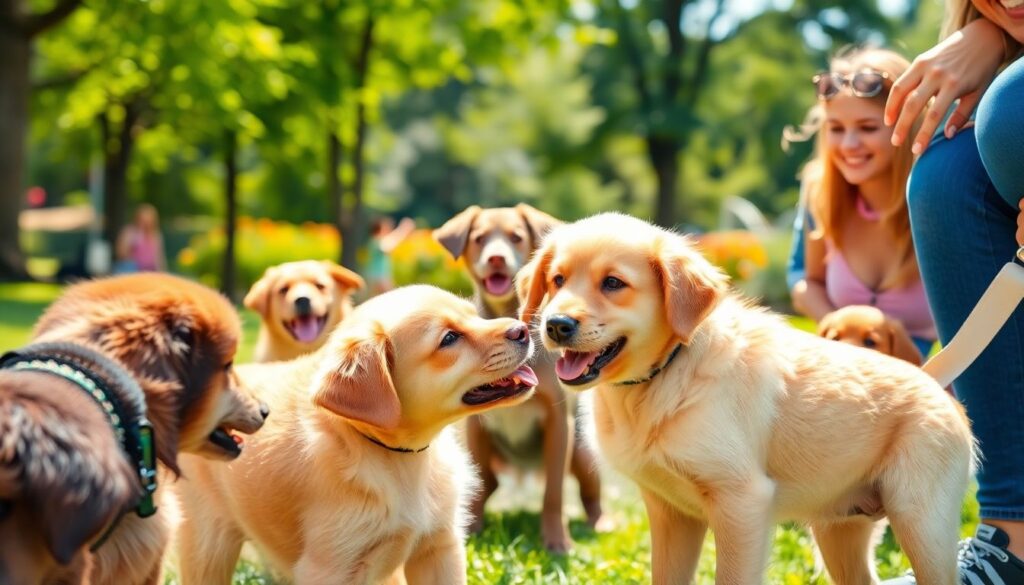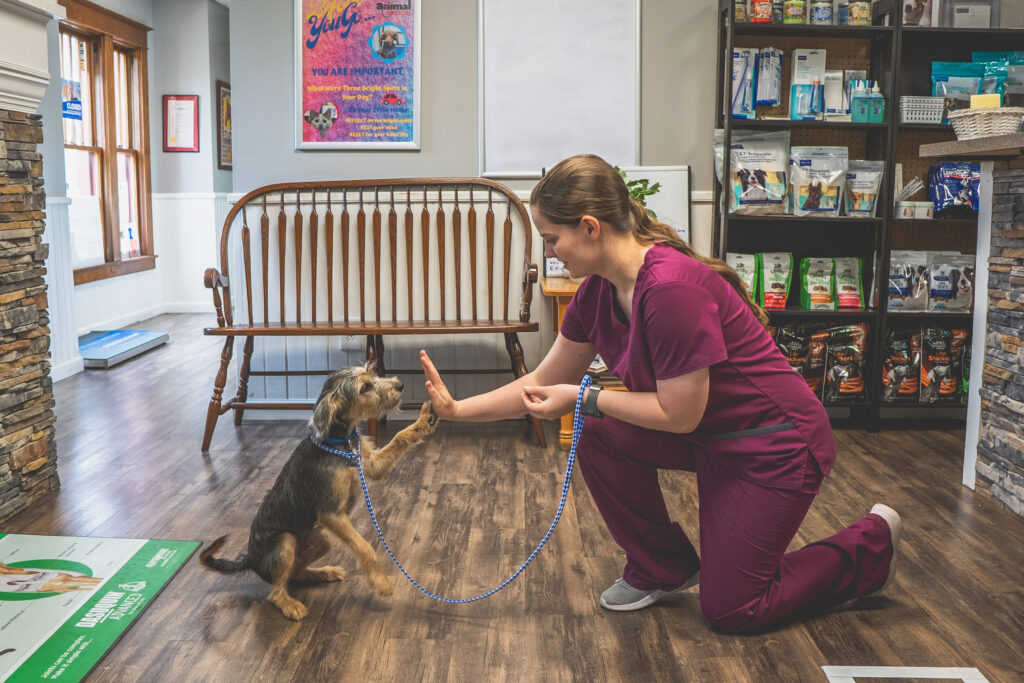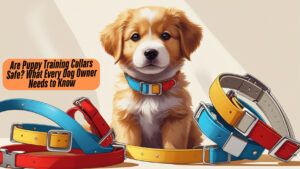Socializing Your Puppy: The Essential Guide for a Well-Adjusted Dog
Setting your puppy up for success starts with socialization. This fundamental process helps your furry friend grow into a well-adjusted and happy adult dog.
The Importance of Early Socialization
Research shows that up to 80% of behavioral problems in dogs stem from a lack of early socialization. A well-socialized puppy learns to interact positively with various people, animals, and environments, while a poorly socialized puppy may face serious challenges. Imagine two dogs: one happily greets guests and explores new places without fear, while the other cowers in the corner, stressed by new sights and sounds. The difference? Early socialization.
Why Socialization Matters Beyond Puppyhood
Proper socialization during puppyhood leads to long-term benefits. These include reduced anxiety, improved temperament, and better adaption to new situations. Conversely, inadequate socialization can result in fearful or aggressive behaviors that can last a lifetime. Ensuring your puppy experiences the world can prevent these worries later on.
Understanding Puppy Socialization: What It Encompasses
The Crucial Socialization Window
The critical socialization period for puppies is between 3 to 14 weeks. During this time, they are particularly receptive to new experiences. This window is vital for developing essential social skills.
Types of Socialization: Beyond Just Dogs
Socialization isn’t just about meeting other dogs. Puppies should be exposed to various sights, sounds, and people. Consider taking your puppy to:
- Busy parks
- Pet-friendly stores
- Different types of vehicles
- Quiet rural areas
These experiences prepare your puppy for all scenarios they may encounter.

Safe and Effective Socialization Strategies
Gradual and Controlled Exposure
Start slowly by introducing your puppy to new people and animals. Keep initial encounters short and positive. Reward your puppy with treats and praise to reinforce the experience.
Positive Social Interactions
Creating positive associations is essential. Use treats and enthusiastic praise when your puppy interacts well with new people or dogs. Avoid situations that could overwhelm them, as negative experiences can shape their behavior.
Puppy Classes and Socialization Groups
Consider enrolling your puppy in puppy classes or socialization groups. These can offer structured environments for learning. Look for reputable classes focusing on positive reinforcement and supervised interactions.
Common Socialization Mistakes to Avoid
Overwhelm and Negative Experiences
Taking your puppy to crowded events or loud environments too soon can be stressful. This can lead to fear-based reactions. Instead, aim for calmer settings initially, gradually increasing complexity as your puppy grows more comfortable.
Ignoring Fear and Anxiety Signs
Recognize signs of anxiety or fear, including trembling, excessive barking, or hiding. Respond by offering comfort and support rather than forcing interactions. This can help avoid worsening the fear.
Lack of Consistency and Structure
Regular socialization is crucial. Create a structured plan, aiming for short and frequent sessions where your puppy can interact with different stimuli. Variety is key.
Creating a Social Butterfly: A Step-by-Step Plan
Week 1-4: Controlled Environments and Positive Reinforcement
Begin socialization in your home or yard. Invite friends over to meet your puppy. Encourage gentle petting and interaction. Each positive encounter reinforces good behavior.
Week 5-8: Expanding the Social Circle
Gradually introduce your puppy to new environments. Visit different parks, neighborhood shops, or friends’ homes. Monitor your puppy’s reactions closely. Make adjustments to ensure fun and comfort.
Week 9 Onward: Maintaining Socialization
Continue exposing your dog to various people, animals, and environments. Regular outings to parks or dog-friendly events help maintain their social skills. Lifelong socialization keeps them happy and confident.
Conclusion: A Well-Socialized Puppy, A Well-Adjusted Dog
Key Takeaways: Summarizing the Benefits of Socialization
Early socialization is vital for your puppy’s overall mental health and behavior. It sets the stage for a secure and confident adult dog. Start socializing your puppy early and consistently for the best results.
Resources for Further Learning
For more information on puppy socialization, consider visiting:
Share your puppy socialization experiences in the comments below! Your insights could help another puppy parent embark on their journey.




